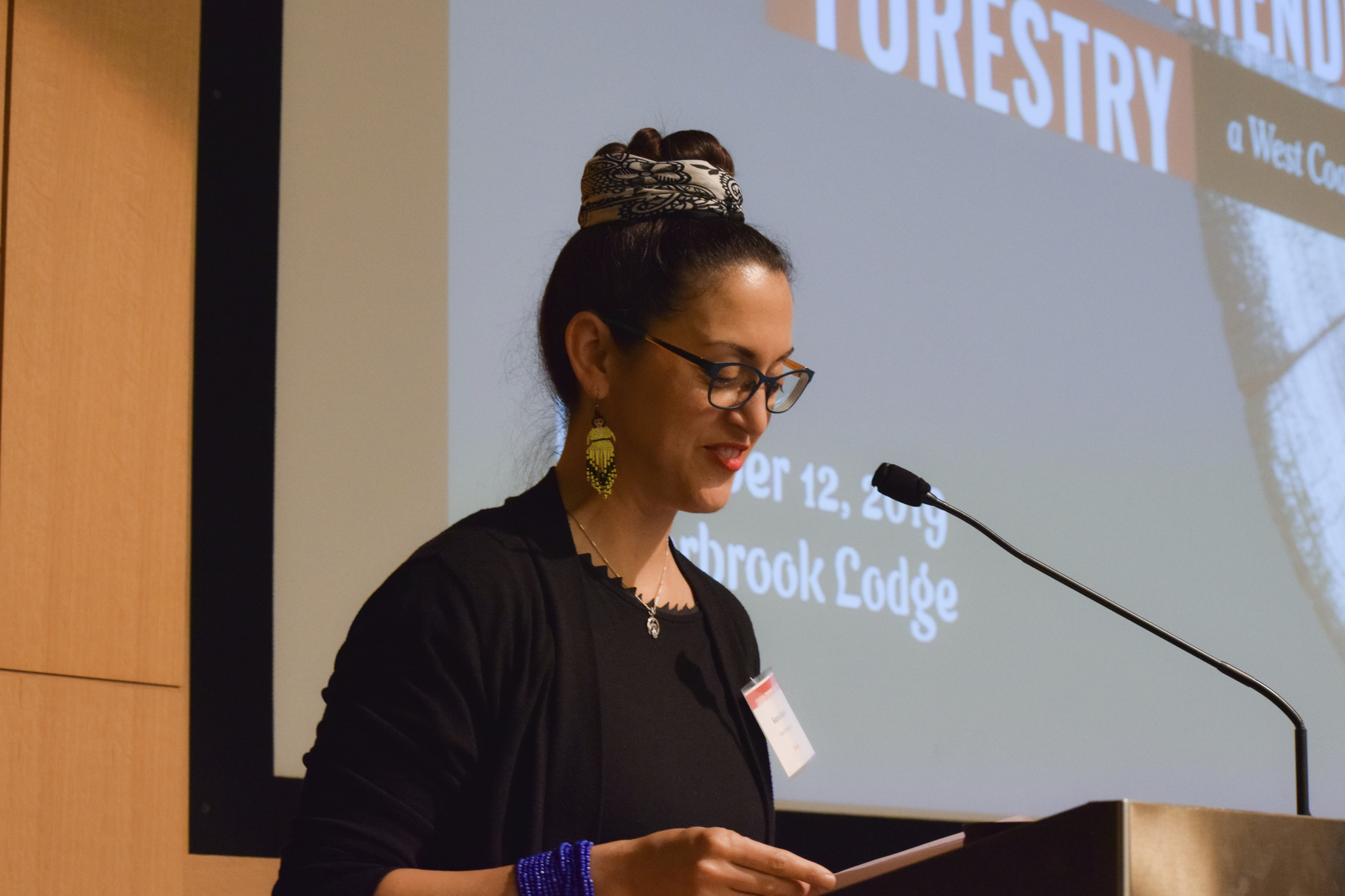Commitments for Organizational Change
Check out the videos below to get a sense of how we work together to center diversity, equity, inclusion, and justice from the start. When I collaborate with your team, we will start by establishing these shared understandings and commitments.
Your organization’s journey begins now.
Building a functional and collaborative team starts the moment you say yes. Sapna Strategies is ready. Are you?

